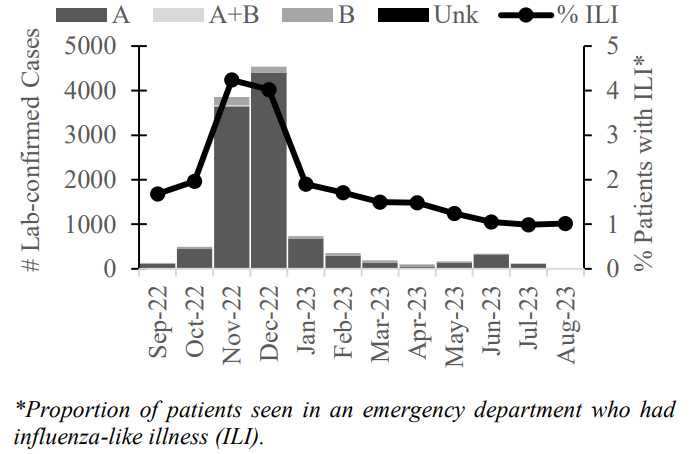A recent review of randomized clinical trial data for the influenza neuraminidase inhibitor antiviral medications, and two related commentaries, raised questions about the value of antiviral medications for the prevention and treatment of influenza.
On February 7, 2012, the Centers for Disease Control and Prevention (CDC) posted a “Have You Heard?” piece in response. The CDC response states “After careful consideration of all available evidence, CDC guidance on the use of antiviral medications remains unchanged.” CDC continues to recommend the use of neuraminidase inhibitor antiviral drugs (oral oseltamivir and inhaled zanamivir) as an important adjunct in the prevention and treatment of influenza.
These recommendations emphasize early antiviral treatment as soon as possible for patients who are severely ill and for those who are at greatest risk for complications from influenza.
Patients who should receive early antiviral treatment include:
- Hospitalized patients with suspected or confirmed influenza;
- Persons with severe or progressive illness;
- Outpatients who are at high risk for influenza complications (for example, young children, people 65 and older, pregnant women, and persons with certain underlying chronic medical conditions) (For a full list of people at high risk of influenza complications, see: https://www.cdc.gov/flu/about/disease/high_risk.htm); and
- Persons with uncomplicated influenza who are not in a high risk group and who present within 48 hours of illness onset. These persons can be treated with antiviral medications based upon clinical judgment, because reviews of RCTs and observational studies have found consistent clinical benefit of early oseltamivir treatment in reducing the risk of lower respiratory tract complications such as those requiring antibiotics.
CDC estimates that influenza virus infections in the United States result in an average of more than 200,000 related hospitalizations and 3,300-49,000 deaths each year, depending upon the severity of the influenza season. Annual influenza vaccination of all persons aged 6 months and older is recommended, and is the best way to prevent influenza. However, available evidence for seasonal influenza and 2009 pandemic H1N1 consistently indicates that antiviral treatment, when initiated as soon as possible, can have clinical and public health benefit in reducing severe outcomes of influenza. Therefore, neuraminidase inhibitor antiviral medications continue to be recommended for treatment of influenza.
Source:AK Public Health Alert Network






